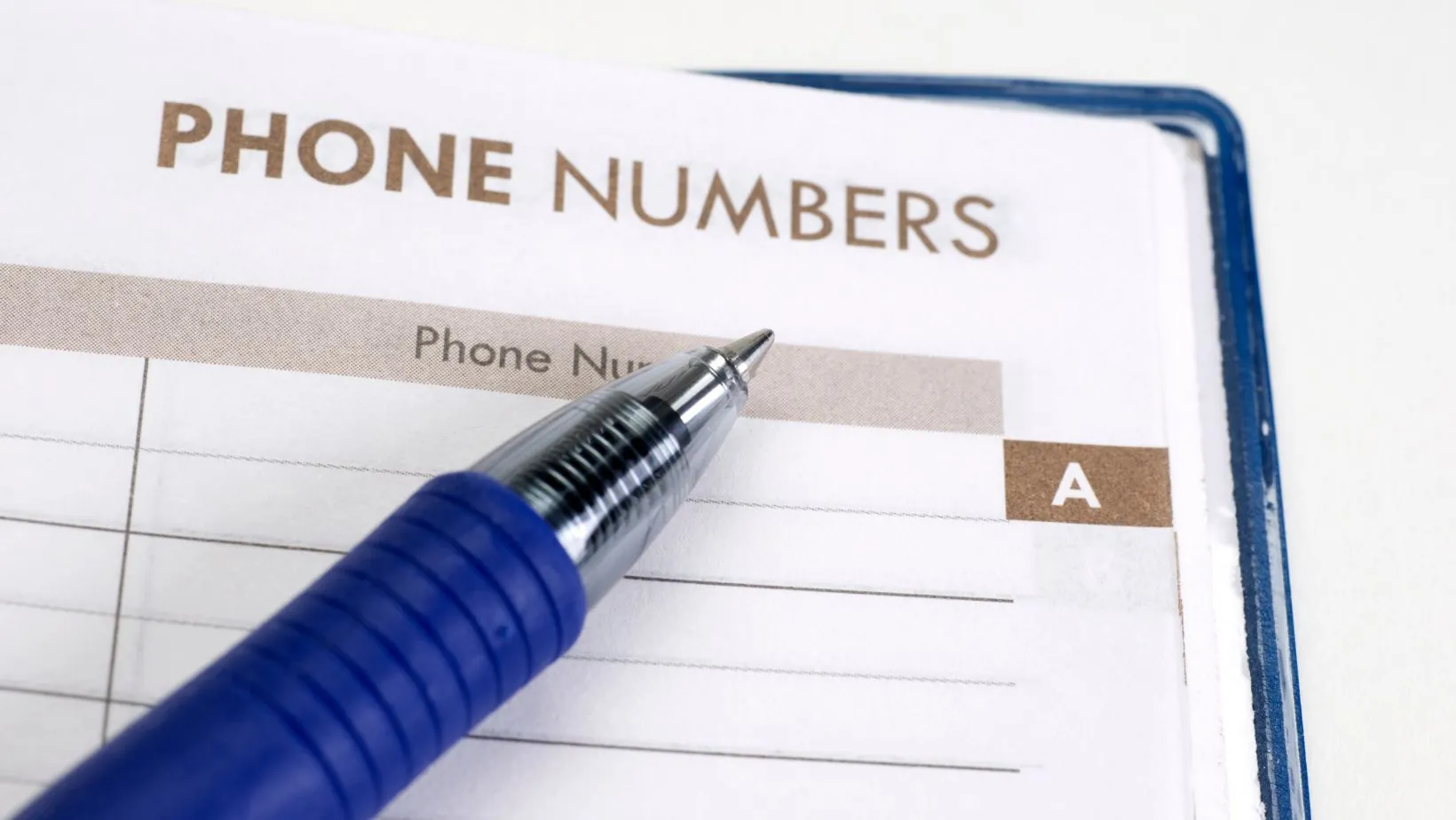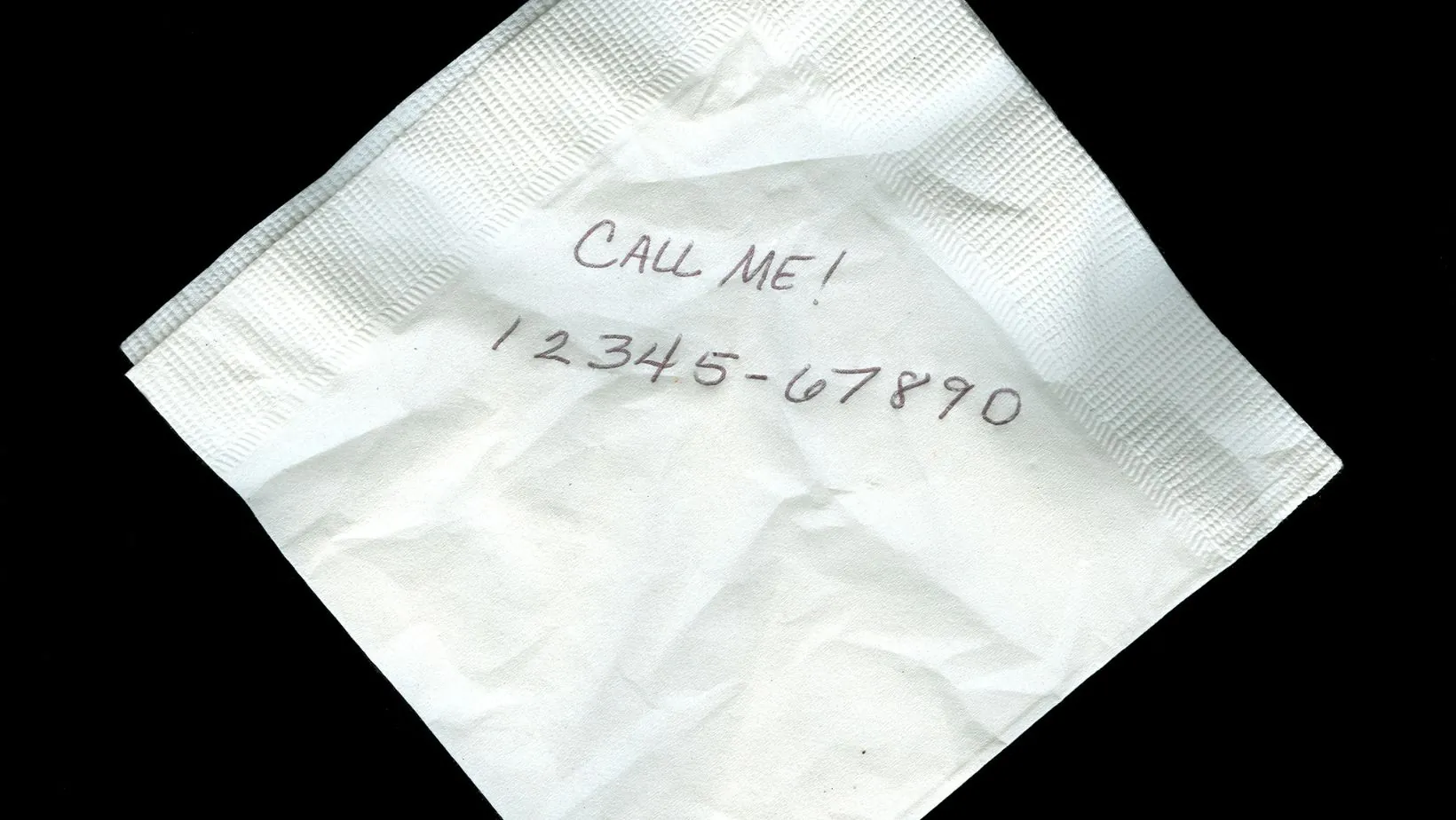Strategies to Improve Your Phone Number Recall

Many people need help remembering phone numbers and other information that they use regularly. Fortunately, there are a few simple strategies to help improve recall.
One of the most common techniques is called chunking. To do this, complicated material must be divided into smaller, easier-to-remember chunks.
Chunking
Chunking is breaking up complex information into digestible chunks that are easier to recall. It can be used when memorizing a phone number, learning vocabulary, or studying for an exam. Chunking is often combined with other mnemonic techniques, such as association and repetition. Enhance your phone number recall through the practical application of chunking.
It’s important to note that chunking shouldn’t be used as a stand-alone study technique. However, when used with other strategies, it can be very effective.
According to psychologist George Miller, our working memory can only process seven items simultaneously. By forming larger groups of data into more manageable chunks, people can remember more information without exceeding the limit of their working memory. This can be done using mnemonics, acronyms, acrostics, and other memory aids.
Association
Association is a memory strategy that allows the brain to “connect” something it knows with something new.

This makes the unfamiliar more familiar and more accessible to remember. For example, suppose you are trying to remember a sequence of unfamiliar digits. In that case, you may associate it with something familiar, such as a shape or rhyme.
Use this technique without realizing it when recalling a name, phone number, or combination to a lock. For example, you may hear someone’s name and immediately think of a storyboard picture that reminds you of them. Chunking is another memory strategy that uses the power of association. This helps organize large amounts of information into small, manageable groups.
Repetition
For information to move from your temporary working memory into your long-term memory, you need to learn the concept and repeat it. This repetition enables your brain to anchor the new knowledge in your memory and helps you recall it later. Rehearsal techniques include using flashcards and self-testing.
Repetition is also a famous literary device writers use to emphasize ideas and create rhythm in written and spoken language. It is a frequent tool in poems and speeches, particularly for orators who want to grab an audience’s attention and keep it. There are various types of repetition, such as alliteration (repeating similar sounds, typically initial consonants) and assonance (repeating vowels, usually stressed syllables). These techniques can be used on their own or in combination.
Silly Sentences
Our brains are naturally better at remembering unusual information. Silliness works particularly well with mnemonics, where the letters of one word act as cues to help recall another.

For this activity, you will need a set of sentence cards, lower-case article cards (like a), and noun cards featuring different objects. You can draw these cards yourself or find and print free art online.
Have students play this game in small groups or individually as a center or individual work time activity. Check on students frequently, praising them for good choices and helping them understand their mistakes. This hands-on activity offers lots of giggles, chuckles, and sentence structure practice!
Rehearsal
A rehearsal is a drill or practice in preparation for something else. For example, if you are trying to remember a phone number, saying it out loud several times right after you learn it may help you recall it at later intervals. This method draws on working memory, which holds only tiny bits of information for a short period. But if you use elaborative memory strategies, such as connecting the number with something you already know or using mnemonic devices, you can move it to long-term storage.
Try to be consistent with your recall process and keep in mind the convenience of your patients. Consider rewarding your front office staff with a tiny bonus for booking recall appointments efficiently. And remember to use Visual-Eyes’ recall reports screen to track performance metrics.
What's Your Reaction?
Deepak is a lover of nature and all things sporty. He loves to spend time outdoors, surrounded by the beauty of the natural world. Whether he's hiking, biking, or camping, Deepak enjoys being active and in touch with nature. He also loves to compete and push himself to his limits. Deepak is an avid cyclist, runner, and swimmer. He has competed in several triathlons and marathons, and is always looking for new challenges to take on.



